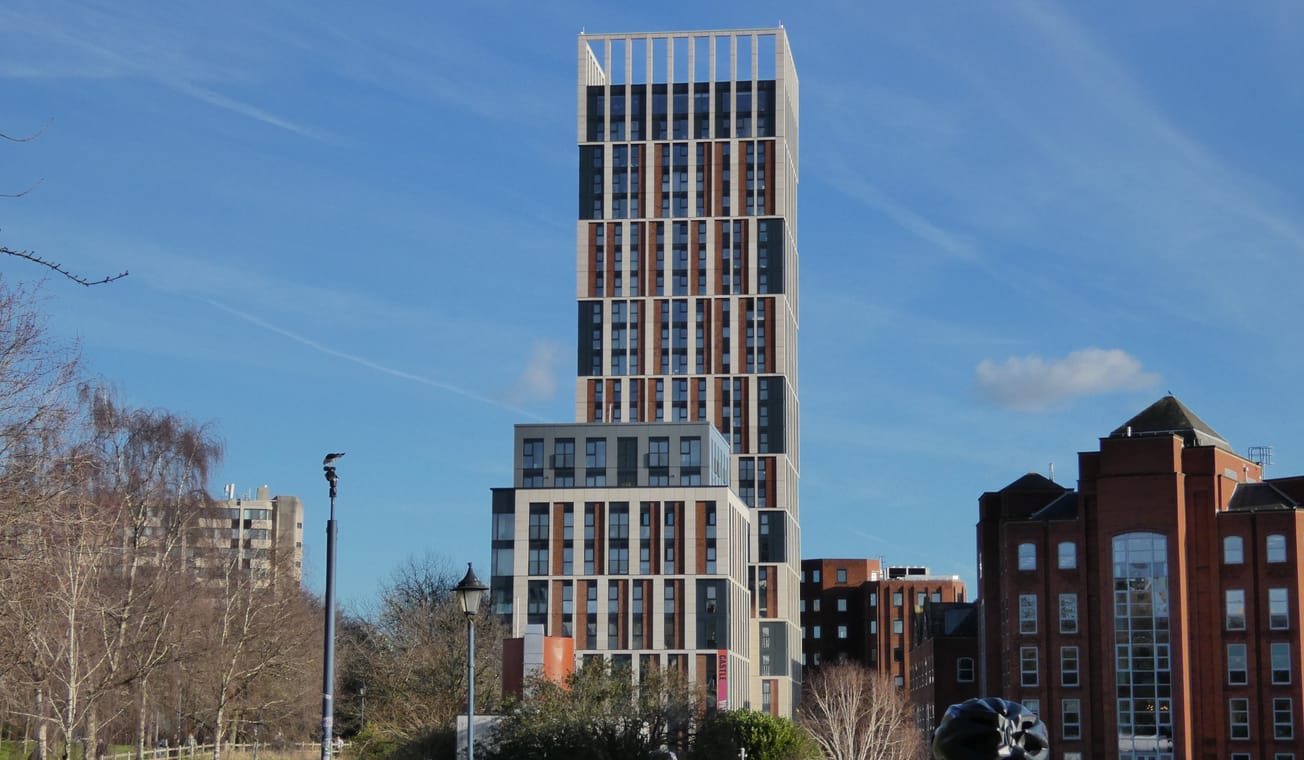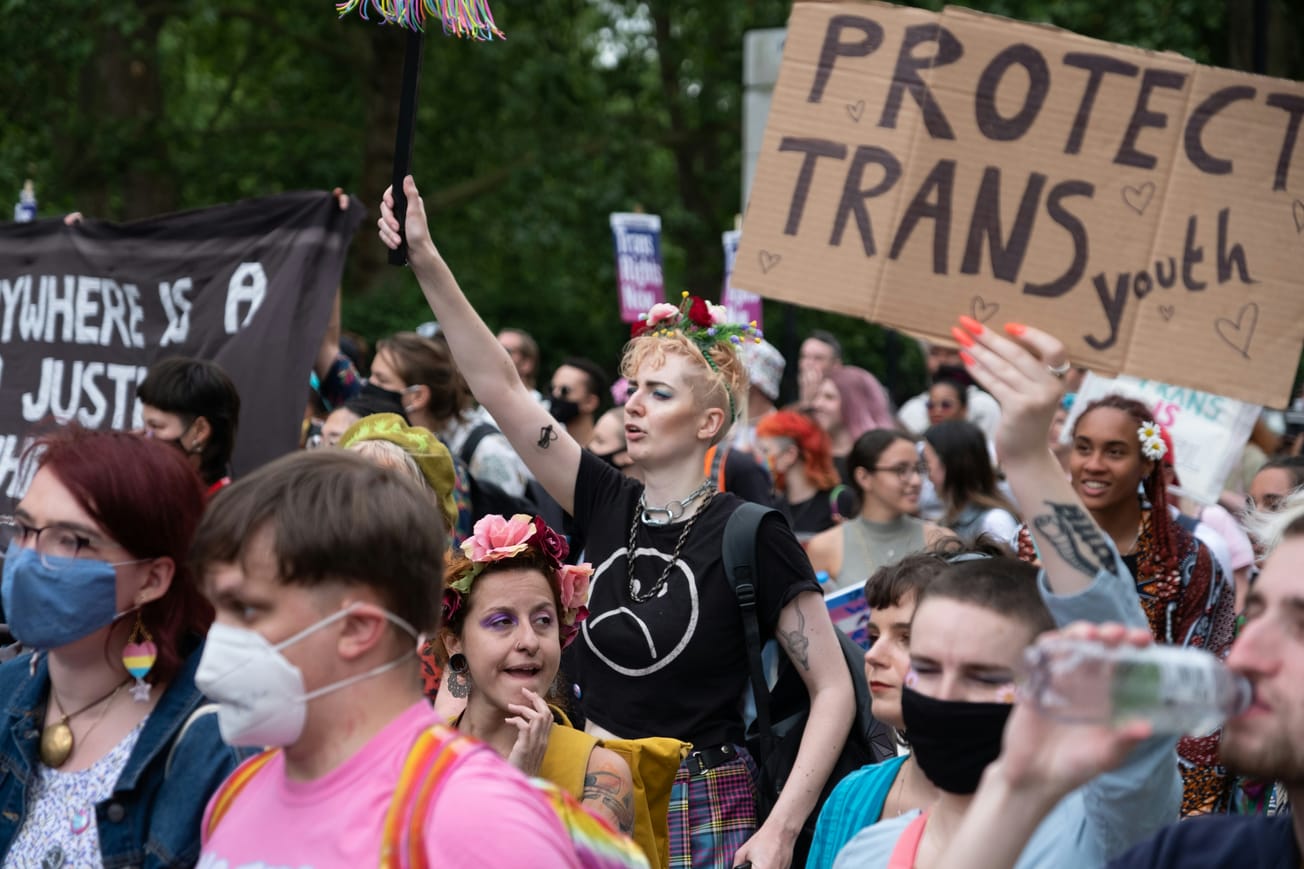Richard Assheton reports on Black History Month in Bristol.
On Saturday 03 October the Seven Saints of St Pauls stood still and silent in the foyer of the Students’ Union. Around them small pockets of people gathered, reading that the Saints had been black Bristol heroes, that some had led the Bristol bus boycott in 1963, that some had founded the St Pauls carnival five years later and that all of them would appear as murals in the area in time for carnival’s 50th anniversary in 2018.
Michelle Curtis’ sketches of the Saints — Owen Henry, Carmen Beckford, Roy Hackett, Barbara Dettering, Clifford Drummond, Delores Campbell, Audley Evans — will stand in the foyer throughout this month, which is Black History Month.
The SU wants to bring the month, which started in the US, back to the grassroots, to Britain’s and Bristol’s black social history.
‘Often Black History Month tends to have a US focus, I mean it’s very much about Civil Rights movements in the US, but there’s loads of black history to be celebrated in the UK,’ Noha Abu El Bagd, Bristol SU’s Black and Minority Ethnic Student’s Officer, tells Epigram.
So when, at 4:40pm on Saturday, someone plugged in some speakers and classic reggae and ska filled the room as people milled around and three ladies with 6ft tall green and yellow feathered frames atop them danced and waved their hands, it was a month of celebrating Bristol’s local past that had truly begun.
The event was Our Heroes: Celebrating Black History Month and an eclectic list of speakers and performers lent their voices to create an afternoon and evening of discussion and performance.
Chair of the St Pauls carnival board Cleo Lake told us about the carnival’s history and showed us the video for its Bristol-made anthem, 'Carnival Time Again / We Deh Ya'. Asha Craig, whose photographs took us into the world of Fairfield House, Bath, where Ethiopian Emperor and Rastafarians’ God Incarnate Haile Selassie spent five years in exile in the lead up to the Second World War.
And Tommy, a young Bristol City Councillor, told us what it was like to grow up in his predominantly black Bristol community.
Perhaps most exciting to speak was Ms Curtis, a Bristol-born, Bristol-bred and Bristol-based artist who, having been made redundant from her job as a mental health councillor in 2012, having pursued her dream of becoming an artist, having studied graphic design in the city and put on a ‘ram-packed’ first exhibition in 2014, is now in charge of a project to vitalise the landscape of St Pauls.
Why? To make black history permanent, to make black history for ever, not just October. And it's clear that that is the problem at the moment.
‘I do like the idea of Black History Month,’ says Joseph Mafe, President of Bristol’s African Caribbean Experience Society.
'It’s kind of one month just dedicated to celebrating black heroes in history in a way, but at the same time I don’t know if it bothers me or it annoys me that it’s only rooted to one month, so why can’t we just celebrate black history all year round?
'They’ve done some amazing stuff in the past. Why are we only — why must I wait all the way until October to hear about it?’
Noha says this is one thing she wants to rectify as BME Officer this year.
'We’re trying to really make sure that we don’t limit black history to just a month. Because although it’s a good thing to raise awareness, we don’t want to portray the image that black history can be limited to just one month,’ she says.
‘So that’s why, at least in my role, in my capacity, we’re trying to hold one event every month to celebrate black history. So that’s the two things we want to focus on this year: focusing on celebrating Black British history as well as making sure that it is celebrated as more than just a month.’
Noha is part of the NUS’ national Black Students’ campaign. Why is it important for universities to celebrate black history?
‘I think it is very important, because a university is an institution that is — that establishes what we, throughout society, learn, educate, work on,’ she says.
‘It’s an excellent framework to use to then decide what is important to people in society.
'So if you’re a student or an academic or a staff member of anything like that, the university is an incredible platform to recognise the contribution of people to history that haven’t been recognised.
‘Especially when we have such limited diversity in our curriculums, and obviously the things that are formed in university are then taught in schools, published in the media — it’s not in a bubble, it very much leaks into everything else.’
‘I think the universities very much lead the way towards this change of perception and challenging the limitations of our curricula, the limitations of the people for which we seek information, academic or otherwise.
‘So if we begin, we start from universities we can expand to wider society. And you’ll find that as a student or as a member of university in any way you have so many avenues to connect with people from schools, to community, from everywhere really, so it’s a really good place to start.’
Black History Month events are being held across the city throughout October. A full programme is available from Bristol City Council.
Carnival Time Again / We Deh Ya from SP Afrikan Caribbean Carnival on Vimeo.
Have you been to any Black History Month events? Do you think the month helps the cause of BME students? Let us know via twitter or in the comments below.









